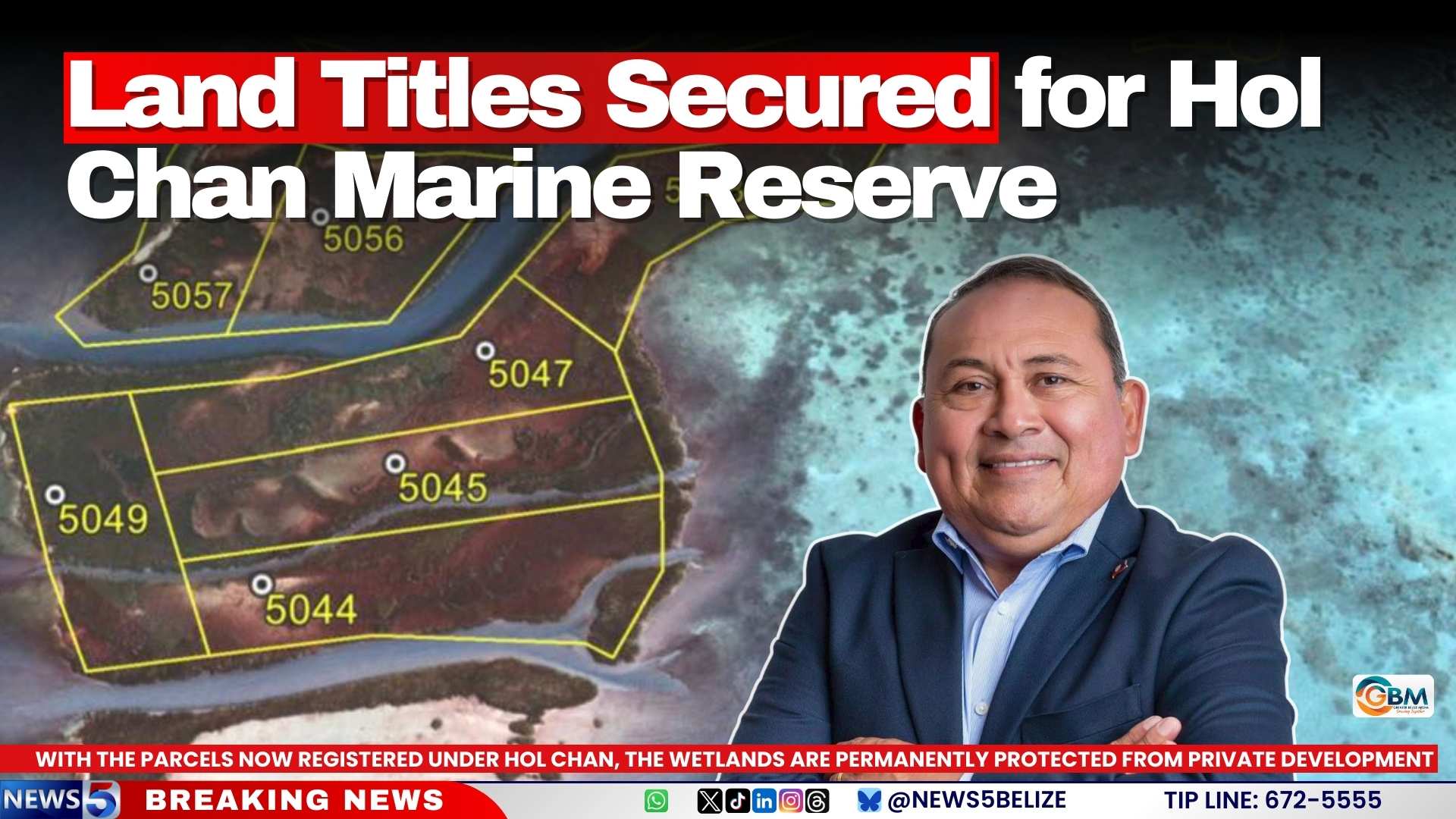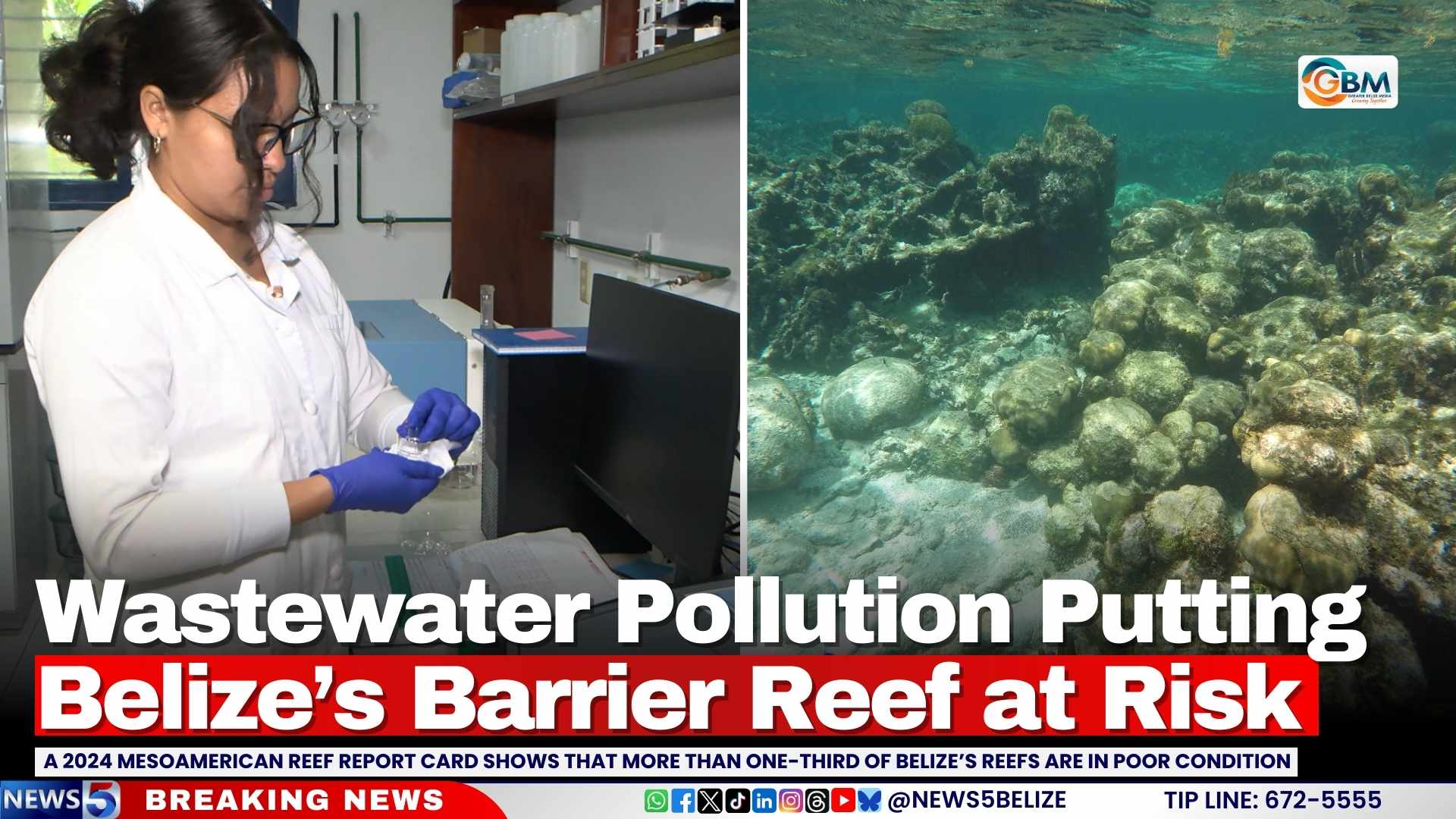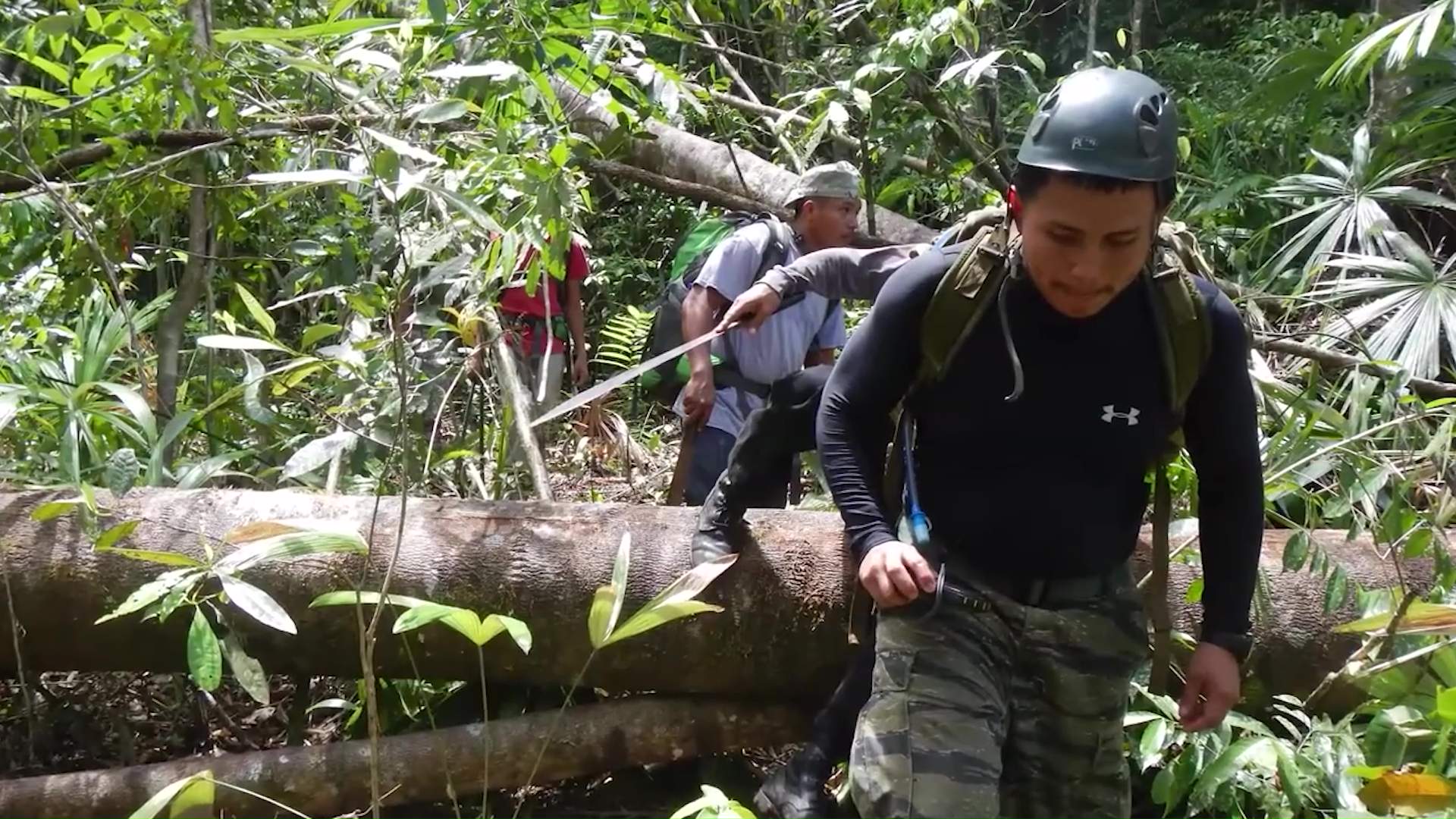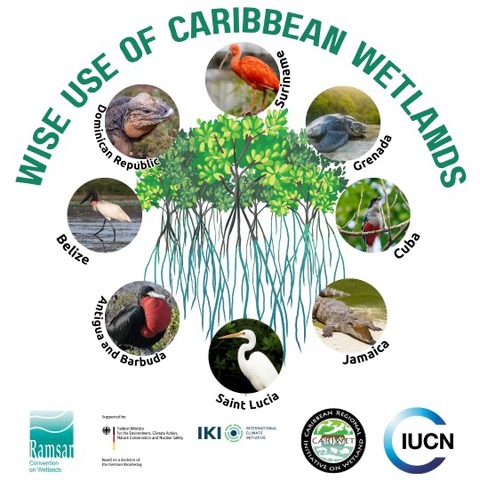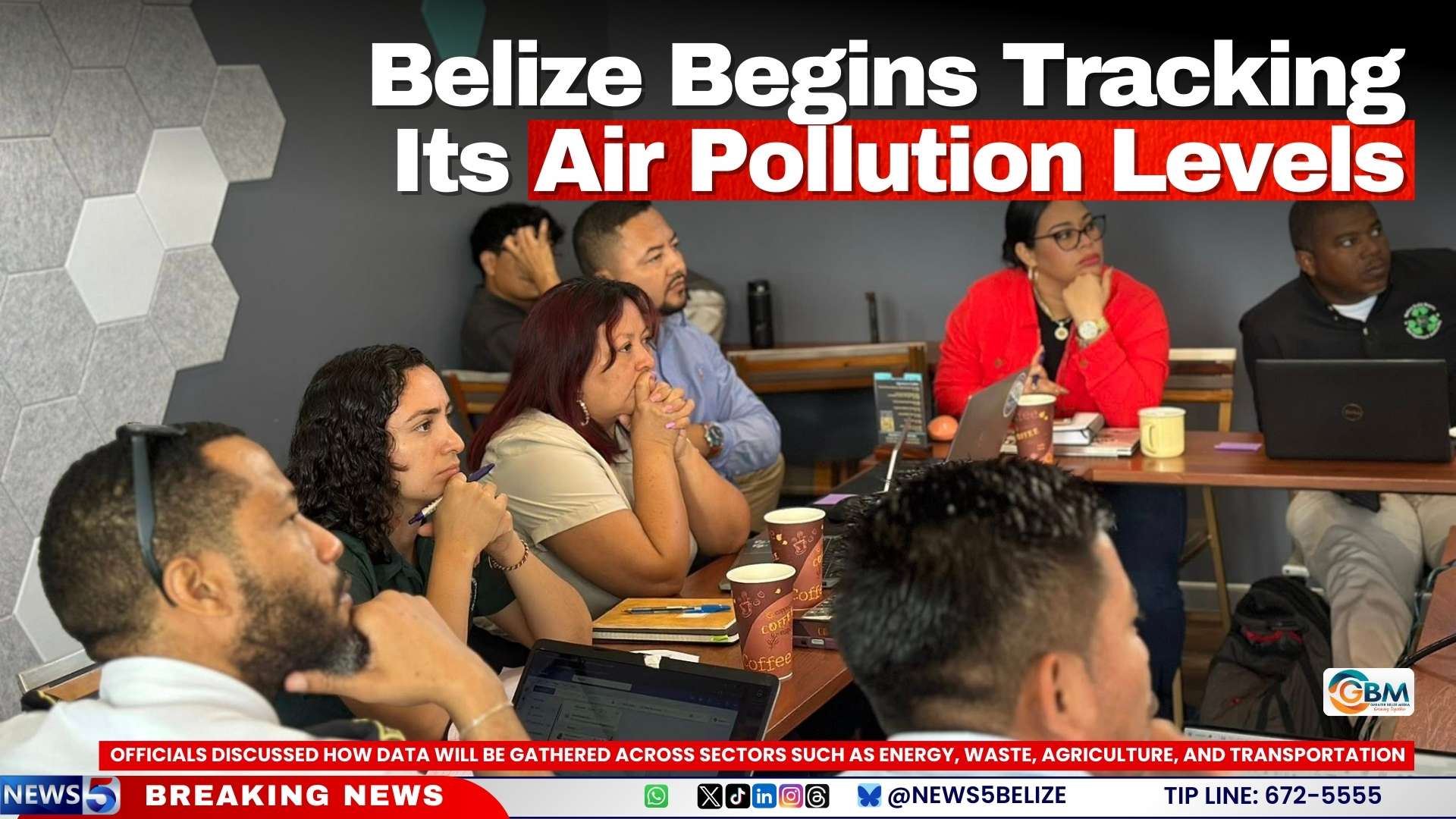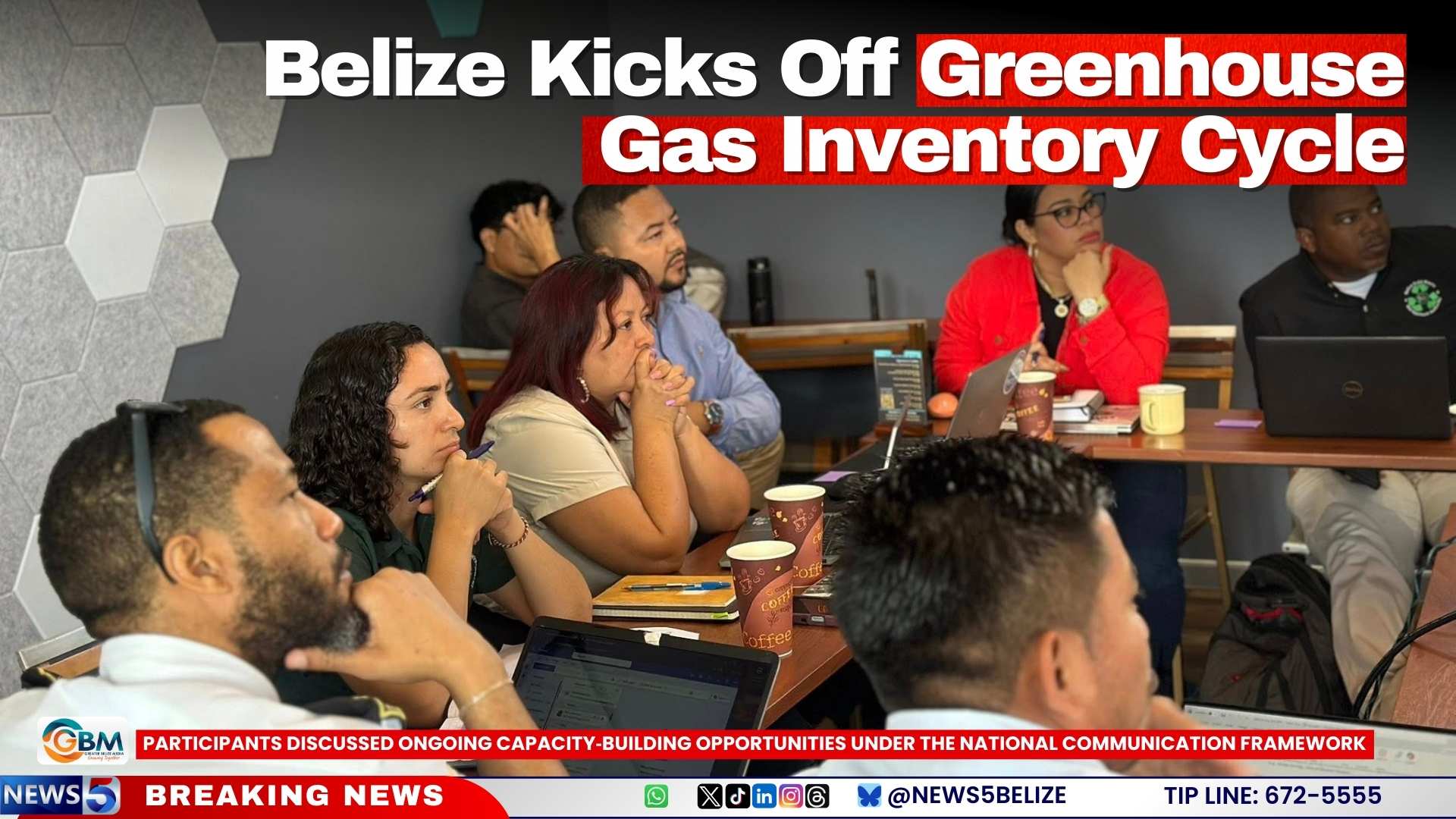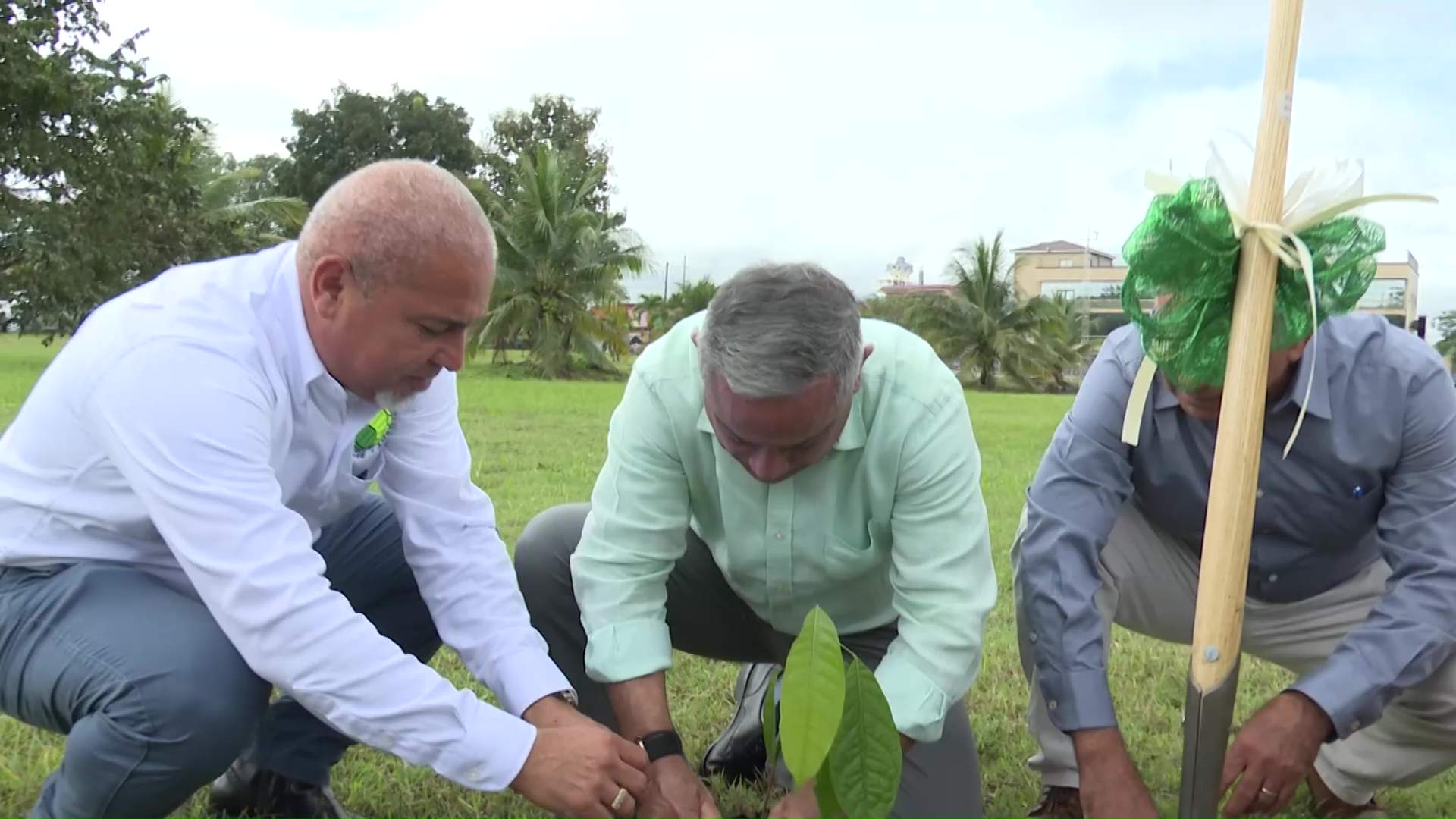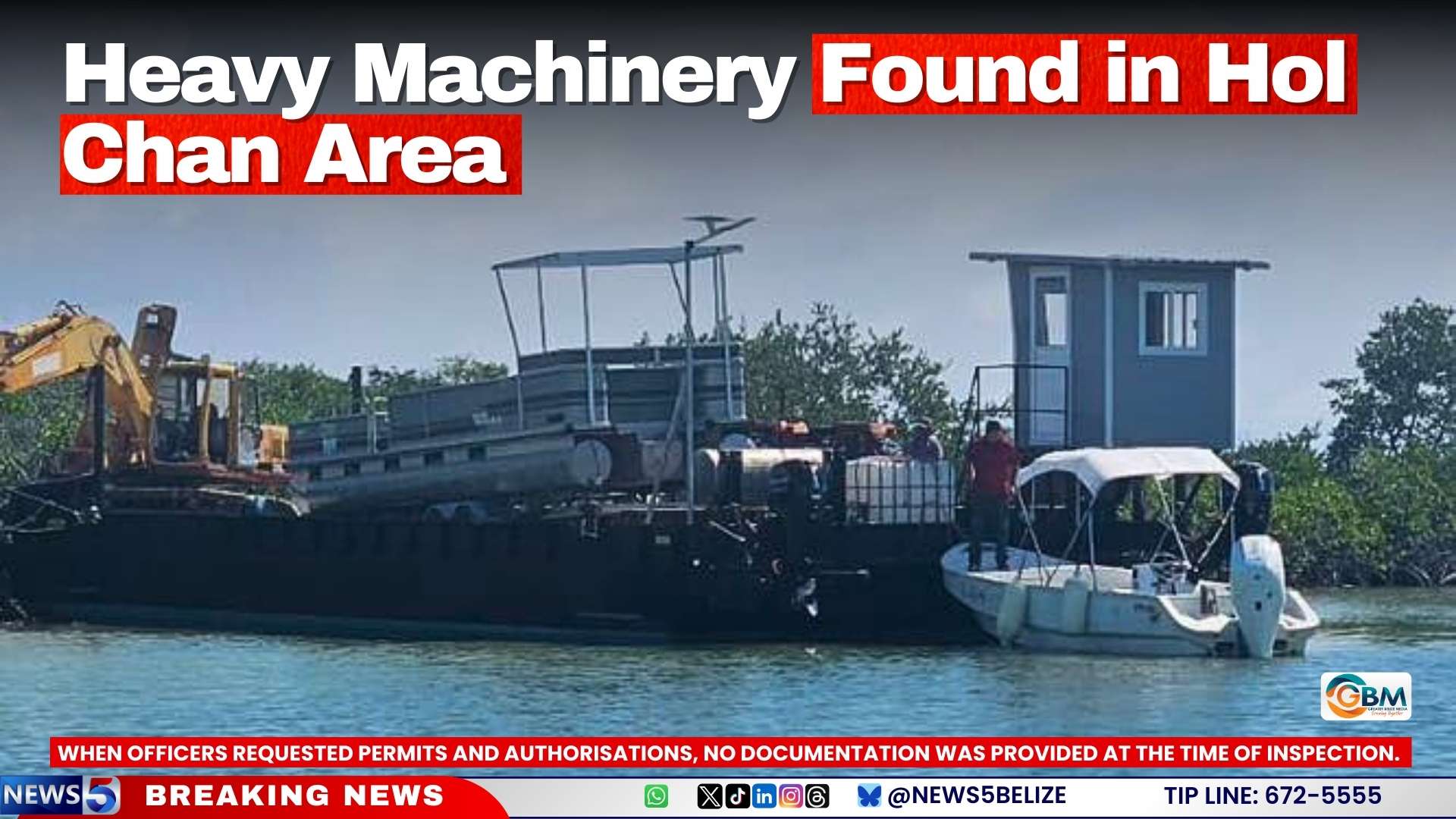In a significant conservation victory, Belize’s Hol Chan Marine Reserve has achieved permanent protection status for 11 strategic land parcels situated south of Ambergris Caye. This landmark decision effectively shields these ecologically vital areas from any future private development or commercial exploitation.
The secured territories, located within Zone C of the reserve, encompass essential mangrove wetlands that perform dual critical functions: serving as natural storm protection barriers and functioning as crucial nursery habitats for diverse marine species. By formally registering these parcels under Hol Chan’s jurisdiction, the Belizean government has established an immutable barrier against potential land acquisition, development, or sale by private entities.
Andre Perez, Minister of Blue Economy and Marine Conservation and Area Representative for Belize Rural South, formally announced the achievement. “The formalization of these land titles guarantees that these vulnerable zones will be preserved exclusively for conservation purposes, sustainable management practices, and the enduring benefit of future generations,” Minister Perez declared in an official statement.
This conservation milestone was realized through collaborative efforts between multiple government branches, including substantial support from Deputy Prime Minister Cordel Hyde’s office and the Ministry of Natural Resources. The success also reflects the persistent advocacy of environmental stakeholders and conservation partners dedicated to preserving Hol Chan’s unique biodiversity and ecological functions.
